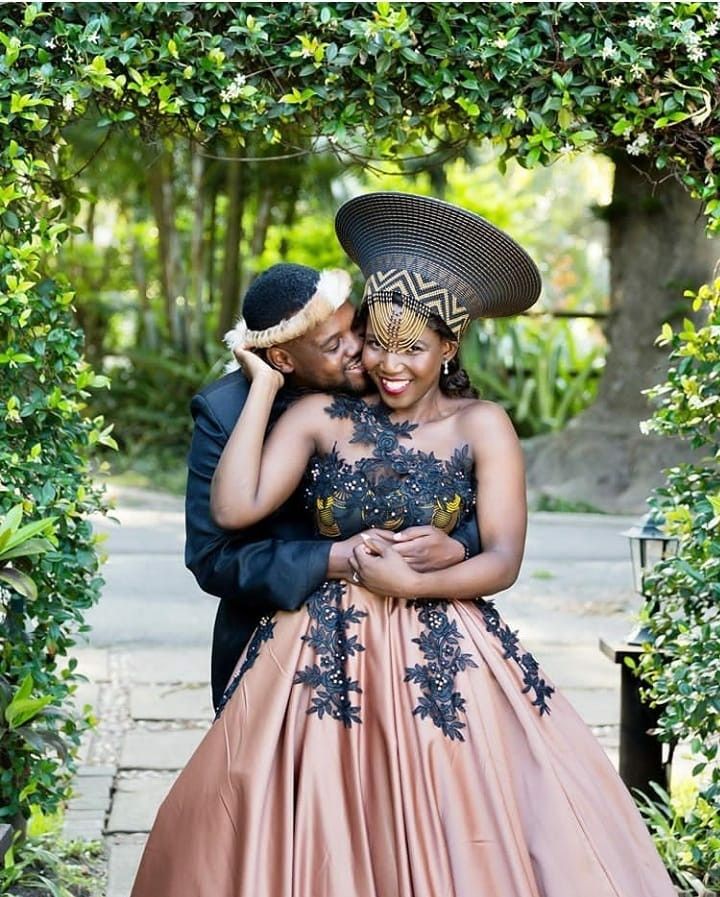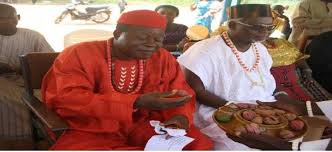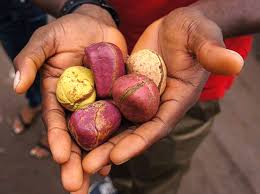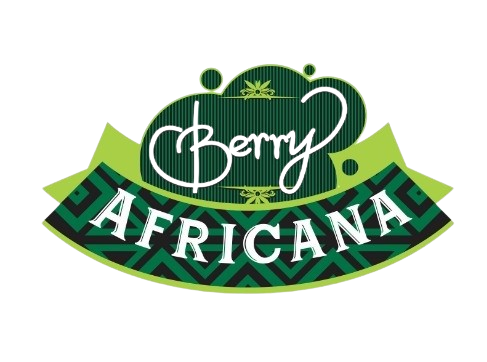Weddings are universally celebrated, but few places on earth showcase the rich tapestry of cultural diversity and vibrant traditions like Africa. From the vast Sahara to the lush landscapes of the Congo, each African community brings its unique customs and rituals to the marriage ceremony, creating a celebration that’s both deeply personal and profoundly communal. Join us as we explore some of the most intriguing African wedding traditions that make these events unforgettable.
1. The Lobola (Bride Price) – Southern Africa
In many Southern African cultures, such as the Zulu, Xhosa, and Shona, the Lobola is a crucial part of the wedding process. This tradition involves the groom paying a bride price to the bride’s family, often in the form of cattle, money, or other valuables. Lobola is not merely a transaction but a sign of respect, gratitude, and a way to solidify relationships between the two families.

2. The Kola Nut Ceremony – West Africa


Among the Igbo people of Nigeria, the Kola Nut ceremony is a revered tradition symbolizing hospitality, respect, and the bonding of families. The kola nut is broken and shared among the families as a gesture of welcome and agreement to the union. This ritual underscores the communal nature of marriage, emphasizing unity and goodwill.
3. Henna and Milk Baths – North Africa
In countries like Morocco and Egypt, pre-wedding henna parties are a cherished tradition. The bride’s hands and feet are adorned with intricate henna designs, symbolizing beauty, luck, and joy. Additionally, Moroccan brides often undergo a milk bath ceremony, known as “Hammam,” which is believed to purify and bless the bride before her wedding day.
4. Jumping the Broom – Ghana and African Diaspora
The act of jumping the broom has historical significance in many African cultures, particularly among the Ashanti of Ghana. It symbolizes sweeping away the old and welcoming the new. This tradition has also been preserved and adapted by African American communities, serving as a poignant reminder of cultural heritage and resilience.
5. Tying the Knot – Kenya
In Maasai culture, the wedding ritual of tying the knot takes a literal turn. During the ceremony, the bride and groom’s clothes are tied together, symbolizing their union. The couple is then blessed with milk, honey, and other gifts, which represent prosperity and sweetness in their new life together.
6. The Dowry (Mahari) – East Africa
Among the Swahili-speaking peoples of Kenya and Tanzania, the Mahari or dowry is a significant tradition. Similar to Lobola, it involves the groom’s family presenting gifts to the bride’s family, often including money, livestock, or other valuables. This tradition highlights respect and the seriousness of the marriage commitment. This can also be found among the Nigerian people of west Africa.
7. Traditional Attire and Dance – Ethiopia
In Ethiopia, the wedding celebration is a vivid display of traditional attire and dance. The bride and groom don elegant cultural garments, such as the “Habesha kemis” for the bride and “Kaba” for the groom. The wedding festivities are marked by traditional dances like the “Eskista,” which is performed by family and friends to celebrate the joyous occasion.
Conclusion
African wedding traditions are a testament to the continent’s rich cultural heritage and the profound significance of marriage within these communities. Each custom, whether it involves a kola nut, henna, or even a symbolic broom, tells a story of love, respect, and unity that transcends generations. At BerryAfricana, we celebrate these diverse traditions and the beauty they bring to the journey of matrimony.
thanks a lot for reading our blog post, and feel free to contact us on any questions you might have! If planning your wedding includes getting a traditional outfit, we would love to help you create the outfits of your dreams. Book a consultation with our team, or drop us a line through our contact form or via email.

Hi, this is a comment.
To get started with moderating, editing, and deleting comments, please visit the Comments screen in the dashboard.
Commenter avatars come from Gravatar.